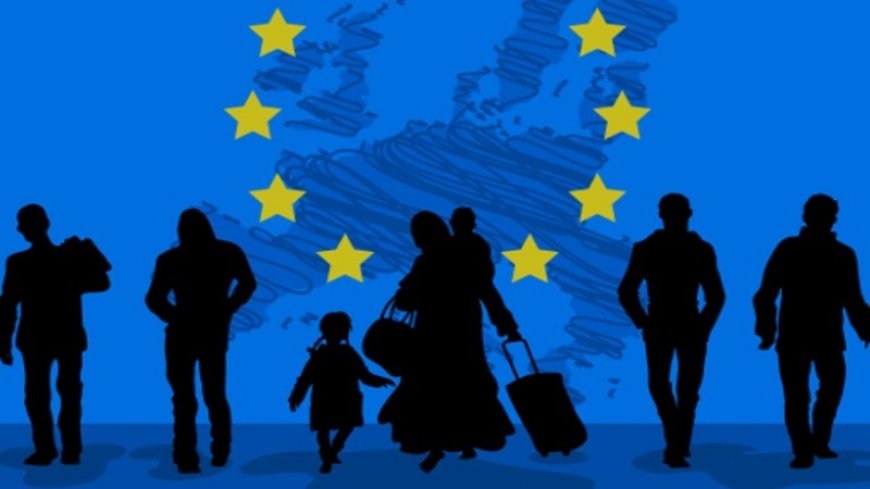Continued error in the European Union regarding immigrants

Disagreements regarding the issue of immigrants among the countries of the European Union are still ongoing despite the recent agreement on the matter. The issue was highlighted at a meeting of European Union leaders in the city of Granada in Spain on Friday, where the migrant crisis was the main agenda of the meeting. The issue of the European Union's immigration policies and how to deal with illegal immigrants or those seeking asylum was the main issue in the discussion of the European Union leaders in Spain. Currently, the European Union and some countries that support Brussels' initiative to distribute migrants to member states of the union, and countries like Hungary or Poland whose extreme right-wing governments are seeing a wave of illegal immigrants and citizens seeking asylum that the threat is divided. In a situation where these two countries oppose the European Union's agreement to bring reforms to monitor and deal with illegal immigrants when the union will face a large wave of immigrants, the union expects that the agreement will be changed into law before the next round of election of members of the union. Non-governmental organizations believe that the new amendments will increase the risk of asylum seekers being sent back to their countries of origin.
African immigrants to Europe Ambassadors of European Union countries last Wednesday reached an agreement to revise the immigration policies within the union. Negotiations are expected to continue regarding the agreement reached by members of the European Parliament. Among the provisions of the plan for the revision of the European Union's immigration policies, we can mention the extension of the detention period for citizens seeking asylum outside the borders of the European Union if they face a crisis similar to the one witnessed in 2015 to 2016. News about reaching an agreement The said program has been highlighted by Spain which is the chairperson of the Council of the European Union. This is in a situation where, for several months now, Germany has been opposing the plan to revise the European Union's immigration policies for humanitarian reasons. Finally, the ministers of the member states of the European Union were able to satisfy Berlin in their meeting in September this year. However, Italy in recent weeks has been protesting the responsibilities given to non-governmental organizations to rescue asylum seekers in the Mediterranean Sea. Rome has also criticized Germany's immigration policies, which financially support a number of non-governmental organizations that serve migrants. Finally, Germany and Italy last Wednesday reached an agreement on a common plan for refugees and asylum seekers and this is in a situation where the countries of Eastern Europe, especially Poland and Hungary, are basically against accepting refugees.
These two countries are the main opponents of reforming immigration policies and have voted against the plan. Josep Borrell, Head of Foreign Policy of the European Union, has warned that the union is deeply divided on immigration policies and that the issue could lead to the breakup of the union. Borrell emphasized that there is a need for all EU member countries to implement common immigration policies and that the members of the union have not yet reached an agreement on the issue of immigration. He added that despite the establishment of a common external border, the member states of the European Union still differ in their views on how to properly manage the issues of immigration and immigrants. Josep Borrell, Head of the EU's Foreign Policy The number of migrants has become a big challenge for some member states of the European Union considering that these countries must always implement the decisions of Brussels. Those countries are facing the problem of conflict between self-governing powers and national interests on the one hand, and the implementation of decisions and laws of the European Union on the other hand.
Borell said, the errors are caused by the big cultural and political errors between the member countries of the union. The expansion of the migrant crisis along with other economic and political crises has led the European Union to face great challenges in recent years and thus raised differences between the heads of European countries. Ignorance and silence in the West has increased every day the human and social problems of refugees and illegal immigrants from Africa and in West Asian countries; thus plunging immigrants into starvation and extreme poverty in European countries. The political use of the migrant crisis and slogans to attract public support, especially from right-wing movements and parties with extreme positions for entering power, has raised fear among citizens and spread anti-immigrant sentiments in European societies.
Deutsche Welle













































